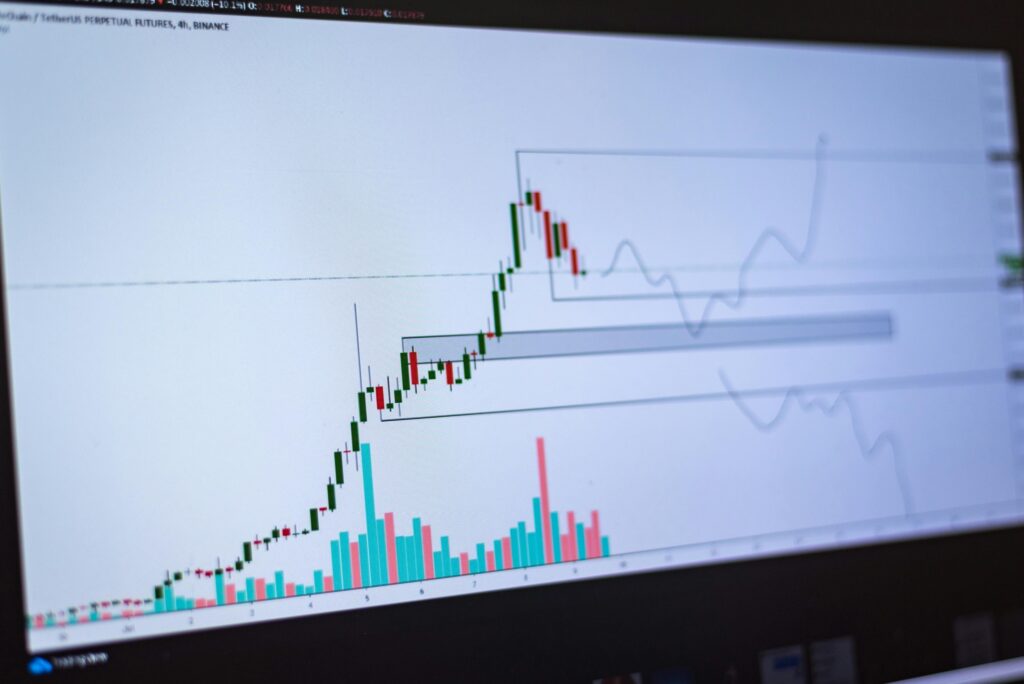The OECD has upgraded its global economic growth forecast for 2025 to 3.2%, a modest increase from the previous estimate of 2.9% in June. This upgrade is attributed to stronger-than-expected resilience in emerging markets, increased investment driven by AI advancements in the U.S., and continued fiscal support in China. The organization points out that the U.S. growth is expected to hit 1.8% this year, slightly up from a 1.6% projection in June but still a decrease from last year’s growth of 2.8%.
Global Economic Growth and Forecasts
Looking ahead, growth for 2026 is anticipated to slow down to 2.9% globally, with U.S. figures softening further to 1.5%. Despite these promising forecasts, the OECD has issued warnings regarding upcoming challenges. Notably, the impact of substantial U.S. tariffs—now averaging nearly 20%, the steepest since 1933—has yet to be fully endured. While there has been an early boost in trade and investment performance in 2025, the OECD cautions that tariffs could negatively affect spending, labor markets, and consumer prices, further intensifying inflationary pressures.
In terms of inflation, headline rates across the G20 are estimated at 3.4% in 2025, a slight dip from June’s forecast of 3.6%. The U.S. inflation projection has been adjusted downward to 2.7% from 3.2%. Even so, significant risks remain due to the tariffs, ongoing fiscal challenges, and potential financial market adjustments.
Moreover, the stability of global financial markets could be threatened by fluctuations in cryptocurrency values. However, the widespread adoption of AI technologies and the alleviation of trade restrictions may present unexpected economic benefits.
As market stakeholders, it is crucial to observe these significant trends:
- The resilience of emerging markets could positively influence EM FX, although inflationary pressure from tariffs might necessitate tighter policy responses.
- AI investments and Chinese economic stimulus could spur short-term optimism in stock markets, but fiscal and trade uncertainties remain potential risks.
For a deeper analysis, you can explore insights available at Bloomberg.
In conclusion, despite the promising upgrade in the global economic growth forecast, stakeholders need to remain vigilant about the impending impacts of raised tariffs and other market dynamics.
At Bakara Invest, our analysis suggests that while global economic growth shows renewed vigor, vigilance against tariff and fiscal-induced volatility is advised for strategic planning.
For more Forex market insights, visit our Forex News Section.
